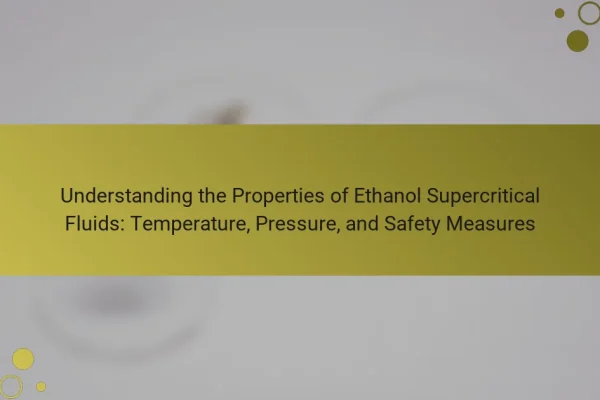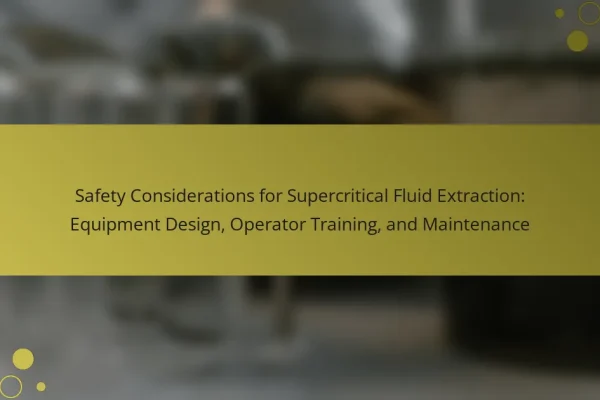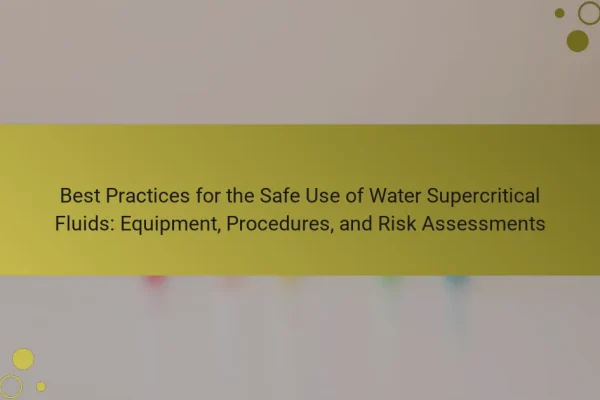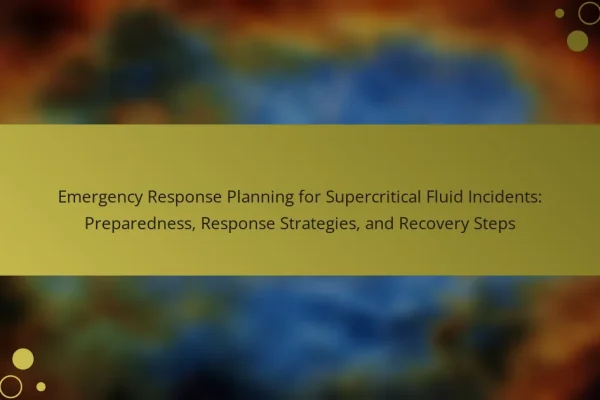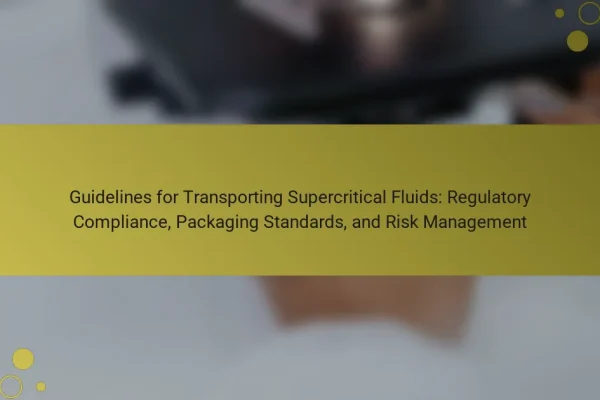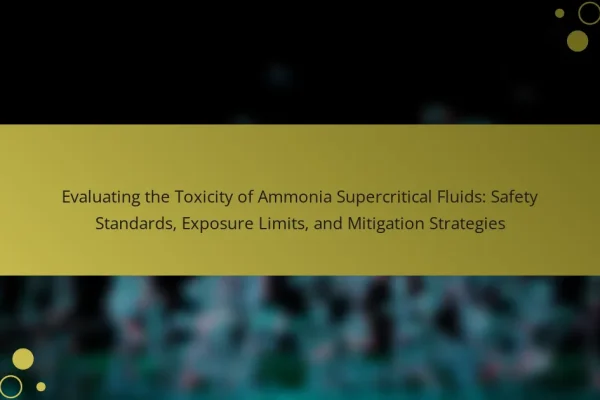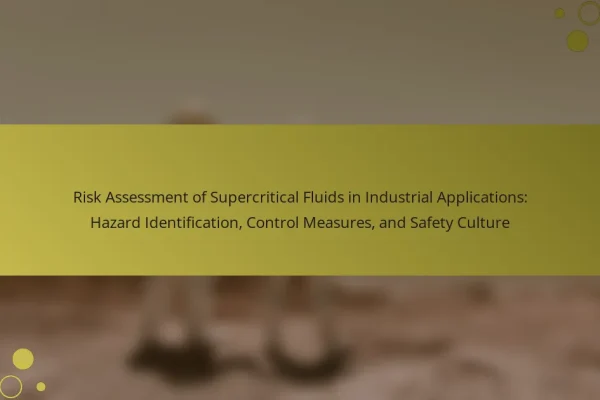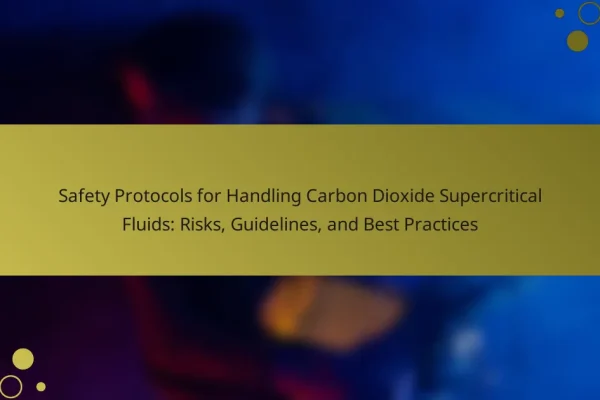
Safety Protocols for Handling Carbon Dioxide Supercritical Fluids: Risks, Guidelines, and Best Practices
Safety protocols for handling carbon dioxide supercritical fluids are critical for minimizing risks associated with their use. These protocols include proper training for personnel on the hazards of supercritical CO2, the use of appropriate personal protective equipment, and the maintenance of equipment designed for high-pressure applications. Key risks involve asphyxiation due to oxygen displacement, chemical…
